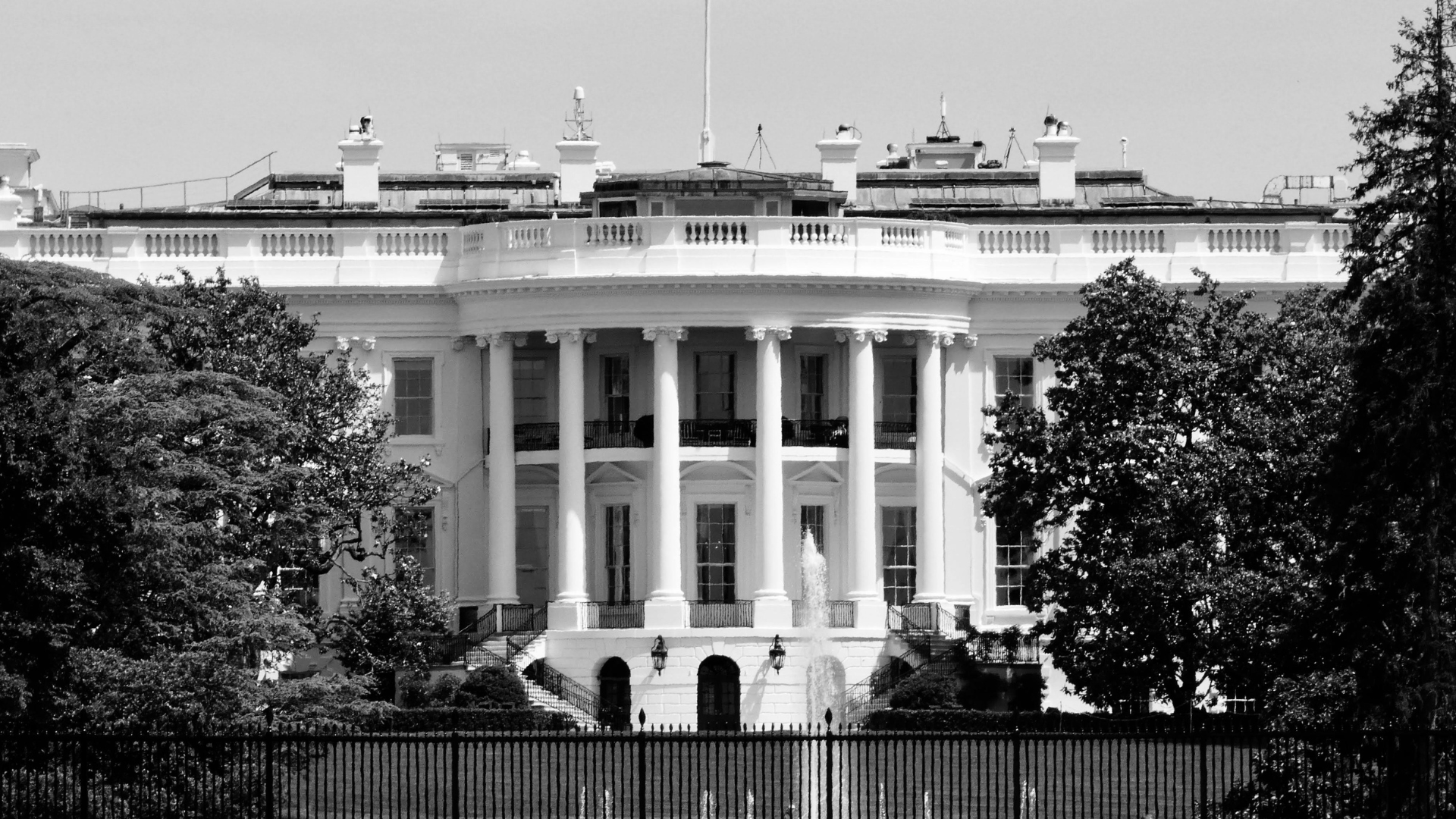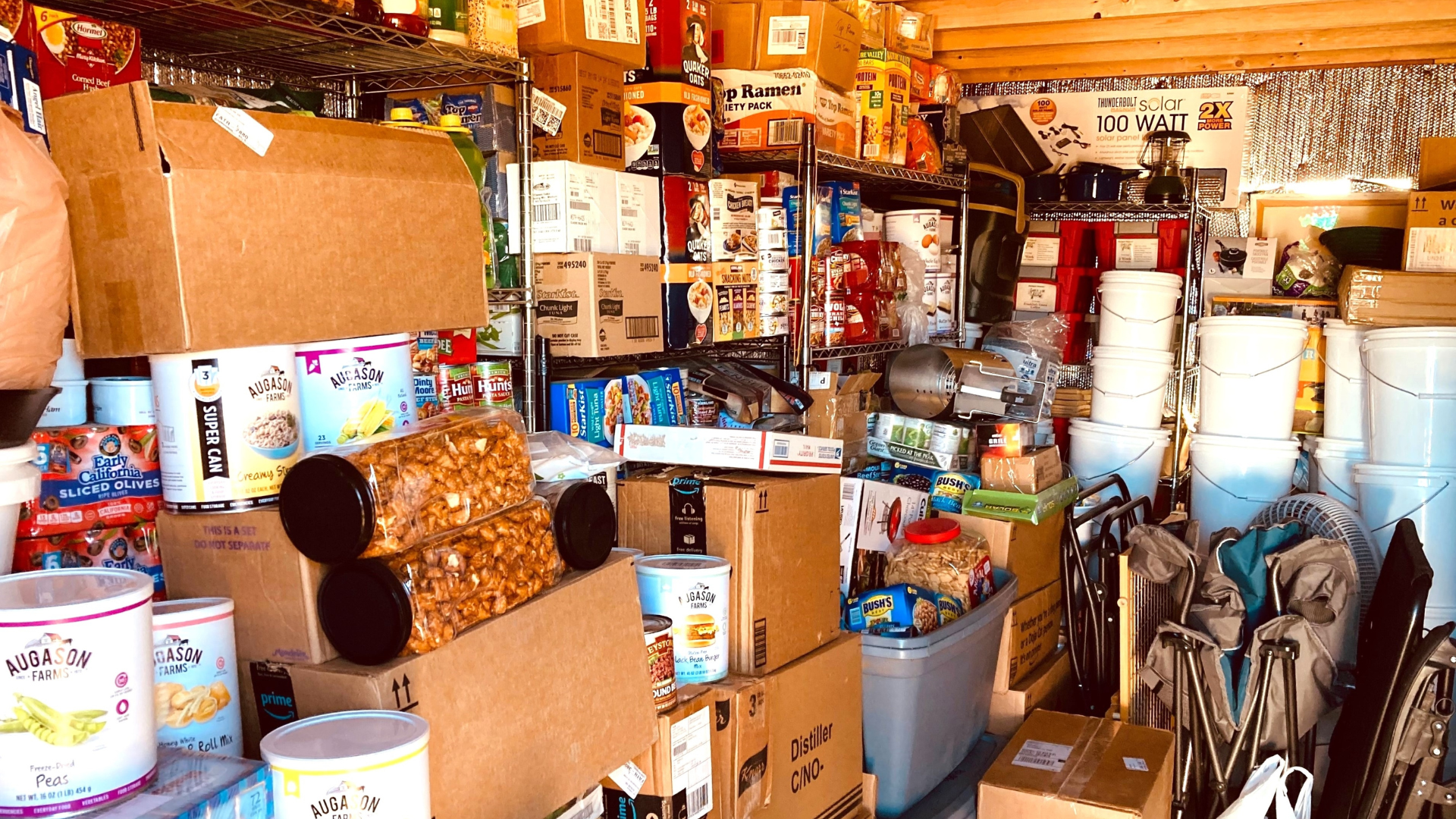The March 20 meeting of the Human Service Advocacy Network (HSAN) featured a webinar conversation with State Representative Jeff Crossman (D-Parma) and State Representative Terrence Upchurch (D-Cleveland). Normally HSAN events are held in-person, but due to the COVID-19 pandemic, this HSAN was held via webinar with more than 40 people in attendance. The discussion was moderated by John Corlett, President and Executive Director of The Center for Community Solutions, and centered largely on the pandemic, and the State of Ohio’s response to measures being taken in the name of public safety. The representatives expressed concern both for the health and safety of Ohio’s citizens, and also the economic impact of the pandemic. Upchurch described how his district is extremely economically diverse, representing Downtown Cleveland, as well as Cleveland neighborhoods such as Glenville. He said that the feedback he receives varies widely as he speaks with business owners who have laid off staff, as well as those who are uncertain about next steps. He also hears from citizens who are concerned about health care accessibility in a strained health care environment. Crossman also expressed concern about health care accessibility due to individuals being told to stay at home for a long period of time. He said that he is concerned about an eventual spike in suicides, a concern which grows the longer that people are encouraged to stay at home.
The representatives expressed concern both for the health and safety of Ohio’s citizens, and also the economic impact of the pandemic.
Upchurch, who championed increased funding for public transportation during the last transportation budget, said that the pandemic has underscored the need for accessibility through public transportation. He said that that transportation is an economic accessibility issue, a health care issue, and a child care issue. He said that it will be a top priority in the next transportation budget to push for increased funding for public transportation.
The Greater Cleveland community will have to learn how to use state and local resources to work through issues related to the pandemic because “we cannot depend on the federal government.”
Crossman said that he was grateful for organizations such as the Cleveland Clinic and University Hospitals, who have both been champions supporting local residents through the pandemic. He said that the Greater Cleveland community will have to learn how to use state and local resources to work through issues related to the pandemic because “we cannot depend on the federal government.”
Upchurch encouraged social service agencies to remain in constant communication with state representatives, describing what they are facing as the pandemic continues and ideas for solving problems they face.
The virus has also exposed shortfalls in the unemployment compensation system in the State of Ohio.
Crossman also mentioned that the virus has also exposed shortfalls in the unemployment compensation system in the State of Ohio. He said that the state will have to make decisions on how the state unemployment fund is supported, whether through the Rainy-Day Fund, and/or through borrowing from the federal government.
Upchurch and Crossman both faced several questions about the digital divide that has become even more stark during the pandemic, both for seniors who need to be able to access health services, as well as for children who need to do homework outside of school. In both instances, public libraries have historically served as a bridge to get people access to the internet. However, the temporary closure of libraries has laid bare the consequences of that divide, leaving both of those populations in need of access. Both representatives said that, if elected again in the fall, they will ensure that efforts are made to close the digital divide.
Both representatives said that the coronavirus has “sucked the oxygen” out of the public policy discussion regarding EdChoice.
Another topic that came up was the EdChoice program. Both representatives said that the coronavirus has “sucked the oxygen” out of the public policy discussion regarding EdChoice and they are not certain if it will be discussed when the General Assembly reconvenes next week. Crossman mentioned that there could be legislation introduced by Representative John Patterson (D-Jefferson) that may include language about the cancellation of state testing. He said there may also potentially be a proposal to freeze the EdChoice program for one year, in other words to not expand the school list, but that he was not certain if it would be included in the legislation draft. The decision on what to do about the EdChoice program, which deals with funding of schools that use public vouchers and whether to administer them by district report card grade or by family income, faces an important April 1 deadline. However, the House committees will not meet before April 3, at the earliest, due to the pandemic.
Both of the representatives gave their thoughts about the cancellation of the March 17 primary and the intent to move the primary to a later date. Both said that they prefer to vote in person on Election Day, and both have not yet voted. They questioned the decision not to convene the General Assembly last week to work out an agreement on the best path forward in finding an alternative.
Lawmakers at all levels need to set the example and be mindful of the impact that their words can have.
Finally, both representatives decried the use of racism in the midst of the coronavirus epidemic. Crossman said that this is a human crisis, and that Ohioans need to come together in this situation. Upchurch echoed that sentiment and said that this pandemic should not be used as an opportunity to tear people apart. He said that lawmakers at all levels need to set the example and be mindful of the impact that their words can have.
The Center for Community Solutions thanks both Upchurch and Crossman for their willingness to join us for a public policy conversation during this unprecedented time.






.png)
.png)
